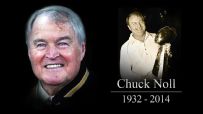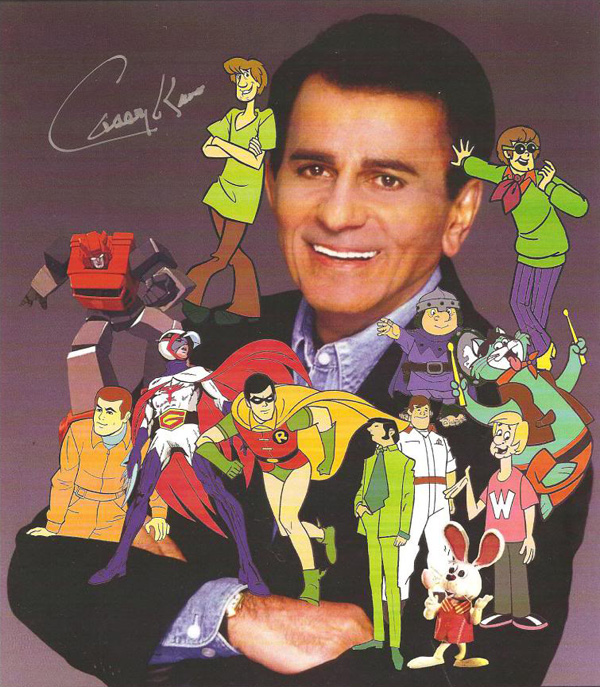Amazon has started their Black Friday sales and there are some great deals to be had! As you shop this holiday season, please consider using the forum's Amazon.com link (listed in the menu as "Amazon Link") to
add items to your cart and purchase them. The forum gets a small commission from every item sold.
Additionally, the forum gets a "bounty" for various offers at Amazon.com. For instance, if you sign up for a 30 day free trial of Amazon Prime, the forum will earn $3. Same if you buy a Prime membership for someone else as a gift! Trying out or purchasing an Audible membership will earn the forum a few bucks. And creating an Amazon Business account will send a $15 commission our way.
If you have an Amazon Echo, you need a free trial of Amazon Music!! We will earn $3 and it's free to you!
Your personal information is completely private, I only get a list of items that were ordered/shipped via the link, no names or locations or anything. This does not cost you anything extra and it helps offset the operating costs of this forum, which include our hosting fees and the yearly registration and licensing fees.
Stay safe and well and thank you for your participation in the Forum and for your support!! --Deborah
Here is the link:
Click here to shop at Amazon.com



Comment